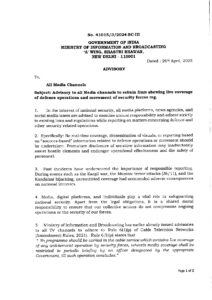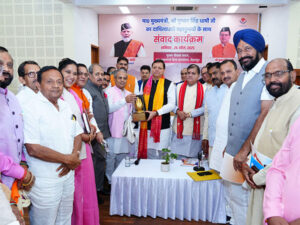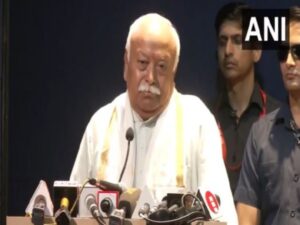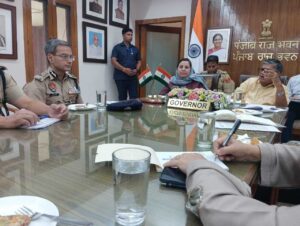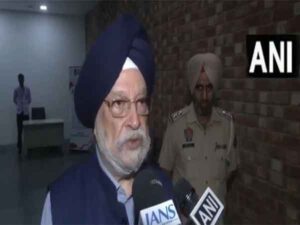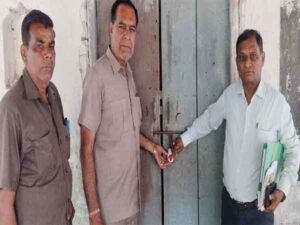Scientists from India, Australia, US, UK build tool to assess life participation post kidney surgery
New Delhi, Feb 20 (PTI) Researchers from India, Australia, the US, the UK, France and South Korea have developed a user-friendly tool to measure people’s ability to engage with their lives after they have had kidney transplants.
According to officials at The George Institute for Global Health – India, which conducted the study, kidney failure imposes major limitations on the ability of people to participate in activities of daily living. Freedom from many of these restrictions is one of the most important benefits of kidney transplantation, the best treatment for patients with kidney failure.
Recognising the importance of life participation among kidney transplant patients, researchers collaborated in a global initiative involving 249 adult kidney transplant recipients from 20 countries to develop a tool — SONG – LP — to measure the parameter for transplant recipients.
“In a global consensus process involving more than 1,100 patients, caregivers and health professionals from over 70 countries, life participation was established as a critically important outcome for kidney transplant recipients. The ability to consistently measure this outcome is valuable to inform routine care, clinical audit, and research,” said Vivekanand Jha, executive director of The George Institute for Global Health – India.
SONG-LP (Standardised Outcomes in Nephrology – Life Participation) is envisioned as a core patient-reported outcome measure for life participation in kidney transplant recipients.
“The SONG-LP tool was designed to be user-friendly for kidney transplant recipients and its high completion rate shows that it’s easy for patients to use. It has proven to be reliable and consistent over time, making it a valid measure for repeated assessments,” Jha said.
“The process of developing this tool was quite rewarding, and it was educational to hear patients’ and caregivers’ voices and understand their priorities. We hope that clinicians and researchers around the world including in India will use it to improve the quality of care so that it becomes more patient-centred and informs patient-relevant research,” he added.
The tool is in the form of a questionnaire for adults who had kidney transplants. The questionnaire asks about four aspects of their life — leisure, family, work, and social activities. The participants answer each question on a scale from 0 (never) to 4 (always). The total score is the average of all four answers.
The SONG-LP instrument assesses the wellbeing of individuals with kidney transplants. It evaluates their capability to actively participate in daily life activities, covering various aspects such as leisure, family, work and social interactions.
“The team aims to conduct future research to include a more diverse group of kidney transplant recipients, ranging from those facing health issues to those in good health. This will help determine whether the observed high levels of life participation are consistent across the entire kidney transplant recipient community or if they apply more to specific,” Jha said.

